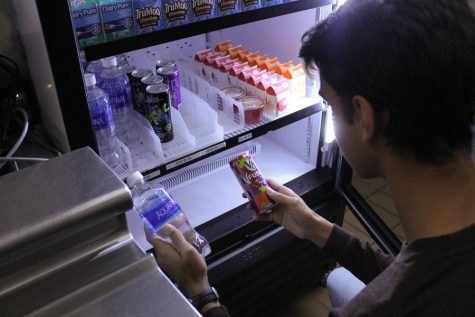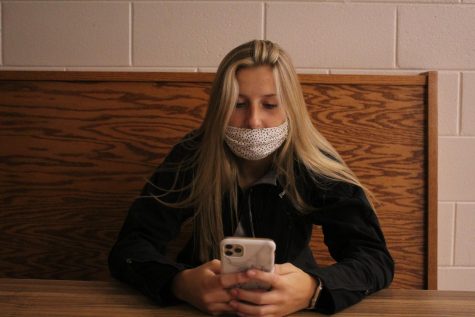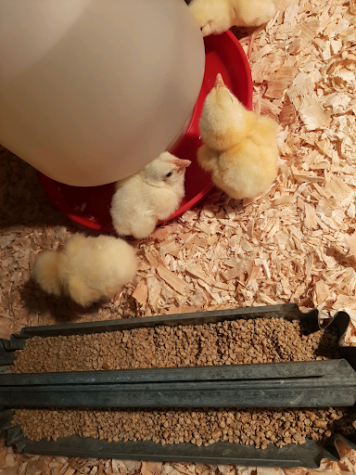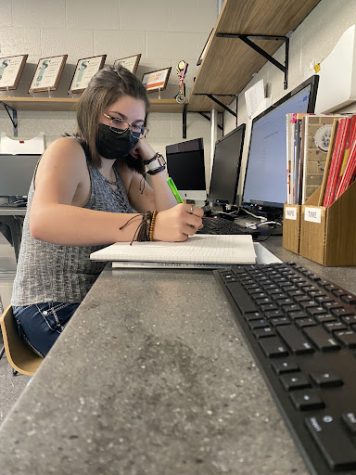Money equals better living
 Logan Connolly
Logan Connolly
Jason Proctor walks into the Stockbridge Mugg & Bopps, car running outside.“Pop’s cheaper than water, usually, and it tastes better,” Proctor said. “Besides, even if it’s just 50 cents, that can add up.”
This issue can be seen everywhere, within grocery stores, gas stations and restaurants.
According to Mayuree Rao, a junior research fellow in the Department of Epidemiology at the Harvard T.H. Chan School of Public Health, eating healthy versus eating poorly costs around $1.50 more per day. That is as much as $547.50 a year.
Some families have to dig into their couches and wallets to pay for things like diapers or fuses, let alone groceries. An additional $500 a year could mean the difference between paying for the electric bill to eating all three meals in a day.
Aarti Batavia, a local general nutritionist, offers some tips about ways to eat healthy and make your wallet happy at the same time.
“Buy food in bulk. Quinoa or Basmati rice is cheaper in Costco than when you buy in smaller packets. It’s cheaper,” Batavia said.
Batavia also mentioned that there are cheaper ways to get protein.
“Meat, fish and poultry are expensive sources of proteins whereas focusing on plant-based proteins is much healthier, economical and sustainable.”
Batavia grows her own food and had some things to say about gardening and farming as well.
“Grow your own herbs. I grow my herbs and tomatoes in pots and do not spend money buying them the entire season. They taste awesome, and it’s fun to see your plants grow. Pick foods from your backyard and use it instantaneously in soups and salads. The cherry tomatoes taste like candies,” Batavia said.
So why is healthy eating so expensive?
“Food policies and subsidies along with food politics have made junk food to be affordable,” Batavia continued.
Even though the healthier option may seem expensive in the moment, eating healthy will make healthcare easier to afford and your quality of life richer.
“It’s a matter of perspective. In a long term, bad, junk, or highly processed cheaper foods can drive health care cost high and lead to poor quality of life.”
“I drink water because it hydrates the cells, while pop’s carbonation dehydrates them,” Susan Lockhart, physical education and health teacher said.
Standing in front of the cooler, people eventually have to choose, health or price.









